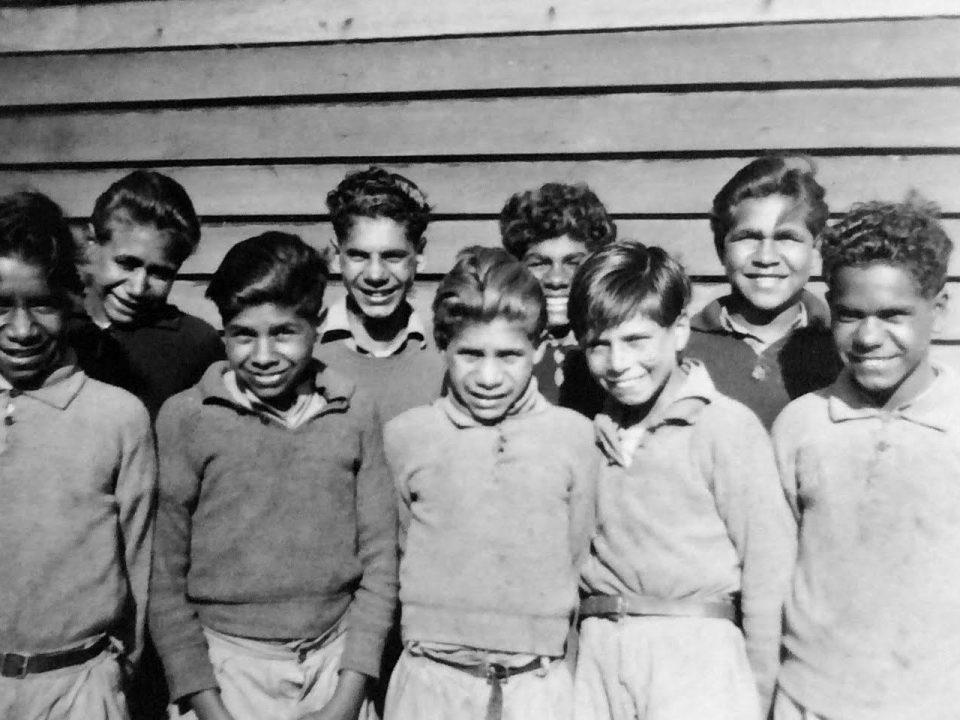In my last Healing Blog posting, I took a quote from Judith Herman’s classic book Trauma and Recovery about the importance of relationships in helping a person recover (heal) from trauma:
Recovery can take place only within the context of relationships; it cannot occur in isolation. In her renewed connection with other people, the survivor re-creates the psychological facilities that were damaged or deformed by the traumatic experience. These faculties include the basic operations of trust, autonomy, initiative, competence, identity, and intimacy.
The present blog posting focuses on an excellent TED talk about the importance of relationship for trauma healing by Karen Treisman, a UK psychologist who has worked with people who have experienced a variety of forms of trauma. Karen starts her talk with a quote from leading trauma expert Bessel van der Kolk, who was the focus of an earlier posting on this website.
The parent-child connection is the most powerful mental health intervention known to mankind.
Karen goes on to talk about the importance of the relationship between parents and their young child.
The interactions between parent and child start teaching children about the guiding principles, things like trust, things like safety, things like how to invest in reciprocal relationships. And those interactions start to show children their maps, their guides, and their kaleidoscopes of how to see themselves, others and the world.
Baby Sasha who was been enveloped in love is likely to think, ‘I’m loveable, I’m important, other people are worth investing in. Other people are predictable, my world is a safe place.’ And that kaleidoscope is going to colour her future interactions, it’s going to colour the way she operates in the world.
In relation to a child who has been traumatised by early life experiences, which can include being removed from their parents at an early age (as happened to the Carrolup children):
Imagine how you would look at the world differently if you thought, ‘I am unlovable, I am disposable, the world is a dangerous, unpredictable place, other people are out to get me.’
Karen goes on to say that we need to take a different perspective when dealing with people:
We truly need to look at people’s life experiences and the kaleidoscope they look at the world through. And maybe if we would start doing that we would have a movement that shifts us away from saying ‘What’s wrong with you?’, that pejorative blaming statement.
And we started to ask people, ‘What happened to you? Who are you? What is your Story? What kaleidoscope do you look at the world through?’ We need to see the person behind that behaviour.
As an aside, this quote reminds me of one from Carlie Atkinson, which I have placed at the top of my Sharing Culture website, a resource to facilitate healing from historical trauma:
How many times have you heard, ‘What is WRONG with that person?’ There is nothing wrong with that person, things are HAPPENING or have HAPPENED to that person.
Karen Treisman goes on emphasise that we:
… need to put relationships at the focus, instead of our society moving to be less connected, more dehumanised, more focused on exams, on outcomes, on processes, on machines. And maybe we need to think how we can bring relationships back into the heart, to have those compassionate, empathetic societies.
And all this said in the first five minutes. I hope that what I have written here inspires you to watch Karen’s excellent talk in full. There’s lots of interesting stuff to follow in the the talk.


